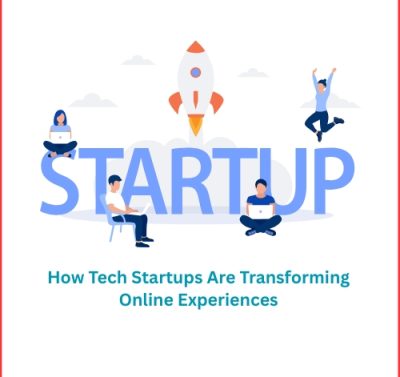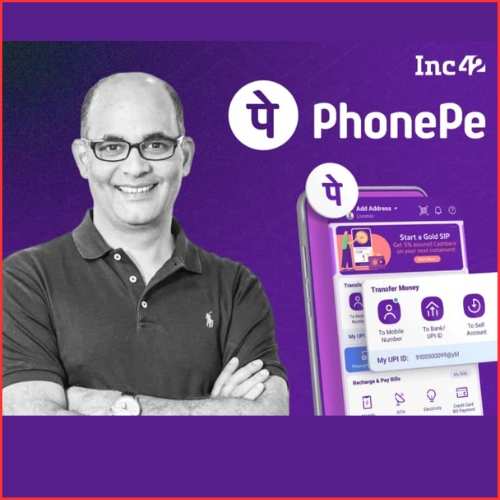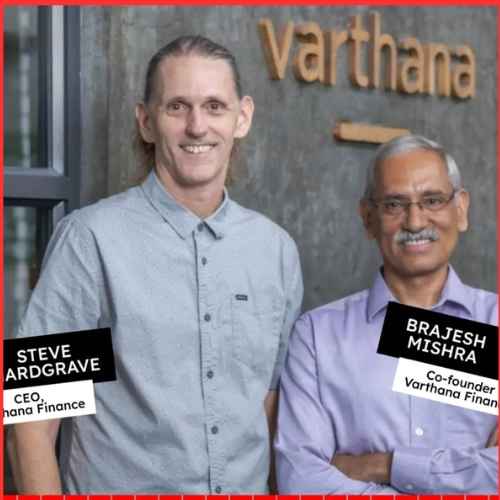Artificial intelligence is the science and engineering of making intelligent machines or computer programs by ingesting large amounts of labelled training data, analysing the data for correlations and patterns, and using these patterns to make predictions about future states. AI is getting stronger day by day due to increased data, powerful algorithms, and advancements in computing and storage. Some examples are:
- A chatbot that is fed examples of text chats and can answer customers’ problems.
- An image recognition tool can learn to identify and describe objects in images by reviewing millions of examples.
- Text editors or Auto Correction tools through artificial intelligence provide the best writing experience by identifying incorrect grammar and suggesting correct ones.
Future of Artificial Intelligence in India:
Artificial Intelligence can possibly add $957 billion to the Indian economy by 2035. In 2020 a NASSCOM report estimated AI’s contribution to India’s GDP at $500 billion by 2025. Startups are key to unlocking this potential for India through innovative solutions for untapped market opportunities, customer needs, and socio-economic challenges.AI that can provide large incremental value to various sectors at the Industry level, like energy, retail, manufacturing, healthcare, education, and agriculture.
In India, the National Strategy on Artificial Intelligence (NSAI), a roadmap released by NITI Aayog in June 2018 highlights the potential of AI to solve social challenges faced by its citizens in sectors such as agriculture, health, and education, in addition to the purely economic benefits that are brought by AI. NITI Aayog has circulated a cabinet note to provide Rs 7,500 crore in funding for the creation of a cloud computing platform called AIRAWAT, funding startups and research institutes. Currently, there are 1000+ deep-tech AI startups in India working on numerous aspects of AI and solving different Industry problems.
Umesh Sachdev– Building Uniphore
A lot of happenings are there behind the building of Uniphore. There’s a story of two young college graduates and a mentor whose guidance uplifted them initially. The two computer science engineering graduates are Umesh Sachdev and Ravi Saraogi. They both studied CSE at Jaypee University of Information Technology from 2003-2007.
When Umesh and Ravi were second-year students, their idea was selected as one of the top three in the world in a competition and got an invitation to Paris. They had a sponsored trip to Paris and the organizers gave them a software development kit worth hundreds of dollars.
In their third year, they made the same idea into a business plan for a competition organized by Intel and got selected in the top 3 in India. Intel also sent its plan to a global competition at UC Berkeley. They got a chance to visit UC Berkeley and sit with the Silicon Valley VCs for the first time at this young age. This was the stage of their lives when they decided to become Entrepreneurs and go for a startup.
They faced some peer pressure because their contemporaries were either pursuing MBAs or taking placements. Both Umesh and Ravi got fantastic job offers but still decided to go for entrepreneurship. They had very supportive families and there was never any discussion about job vs entrepreneurship.
Now it was their 3rd year in college when they told Professor Farooqui that they wanted to start a start-up. Professor told them, “If there is somebody in India who has been successful in working with young people and incubating companies, it is Professor Jhunjhunwala in IIT-Madras.” Umesh and Ravi wrote an e-mail Prof. Jhunjhunwala and as they mentioned Prof. Farooqui’s name in the mail, he asked Umesh and Ravi to meet him in Delhi when he will be there next.
They did a couple of meetings in Delhi and once presented their idea to Professor Jhunjhunwala. Jhunjhunwala helped them by pointing out some loopholes in their idea. After almost One and a half years, Prof. Jhunjhunwala told them to come to IIT Madras for incubation and in the meantime, he will also guide them for setting up a venture. They founded Uniphore in 2008 in the incubator. Professor Jhunjhunwala did give them a really hard time in the initial stage.
When the first time they got investment he taught them that if Somebody had faith in them, they invested their money in your project. They cannot destroy the faith as it will impact not only them but the others who come after them too. Even though it was an equity investment, what was at stake was their own reputation and the trust they had put in them.
Umesh and Ravi didn’t have any business experience or work in the corporate sector, they were just amateur entrepreneurs who had big ambitions. They even had no idea how to manage investors’ money at that time. Ravi and Umesh knew that their chance of getting successful is 1 out of 10 as 9 out of 10 start-ups fail. They both decided, whatever happens, they both will stay together till the end.
After 3-4 years Jhunjhunwala took a back seat when they got strong investors who were more equipped to guide them through their business journey.
It was in the 2017 MIT event when Umesh Sachdev was pitching in New Delhi, and John Chamber’s eyes grabbed him. John Chambers, the ex-CEO of Cisco and now had started his own venture firm to guide young founders. John strongly believes in the potential of India in the future.
Chambers’ guided Sachdev and Sachdev moved the base of operations for his speech recognition AI startup, Uniphore, to the United States. Chambers also acquired a 10% stake in Uniphore in 2017 at a $30 million valuation.
In 2019 July-August, Uniphore raised a total of $89.1 Million in funding round C from March Capital, Chiratae Ventures, National Partners, and some others. Uniphore opened a new headquarters in Palo Alto CA on December 06, 2019.. which will help further its expansion into new markets and serve its growing customer base.
The company is continuously focusing to build AI tools specifically on contact centers or call centers, the common medium used by large businesses like airlines and banks to handle customer service. Their customer list includes Axis Bank, Accenture, Tech Mahindra, Spin Sci Technologies, DHL. The company has approximately 800+ employees, located in the U.S., India, Spain, Israel, Japan, and Singapore.
In an interview, Sachdev said that the company is on track to meet a goal it set three years ago to reach $100 million in annual recurring revenue by the end of its 2022 fiscal year.
The company announced its funding round E, which brings Uniphore’s total funding to more than half a billion ($610 million) is led by NEA and raises the company’s valuation to $2.5 billion. The existing players and some investors had taken part in this funding round. In a video conversation, Sachdev says,“$400 million is enough dry powder for us to continue to think about more acquisitions”.
Uniphore is on the way to be a global leader in Conversational Service Automation with offices in the U.S., India, and Asia. The Company’s vision is to disrupt an outdated customer service model by bridging the gap between humans and machines using voice, AI, and automation through conversational AI and emotional intelligence for sales.














